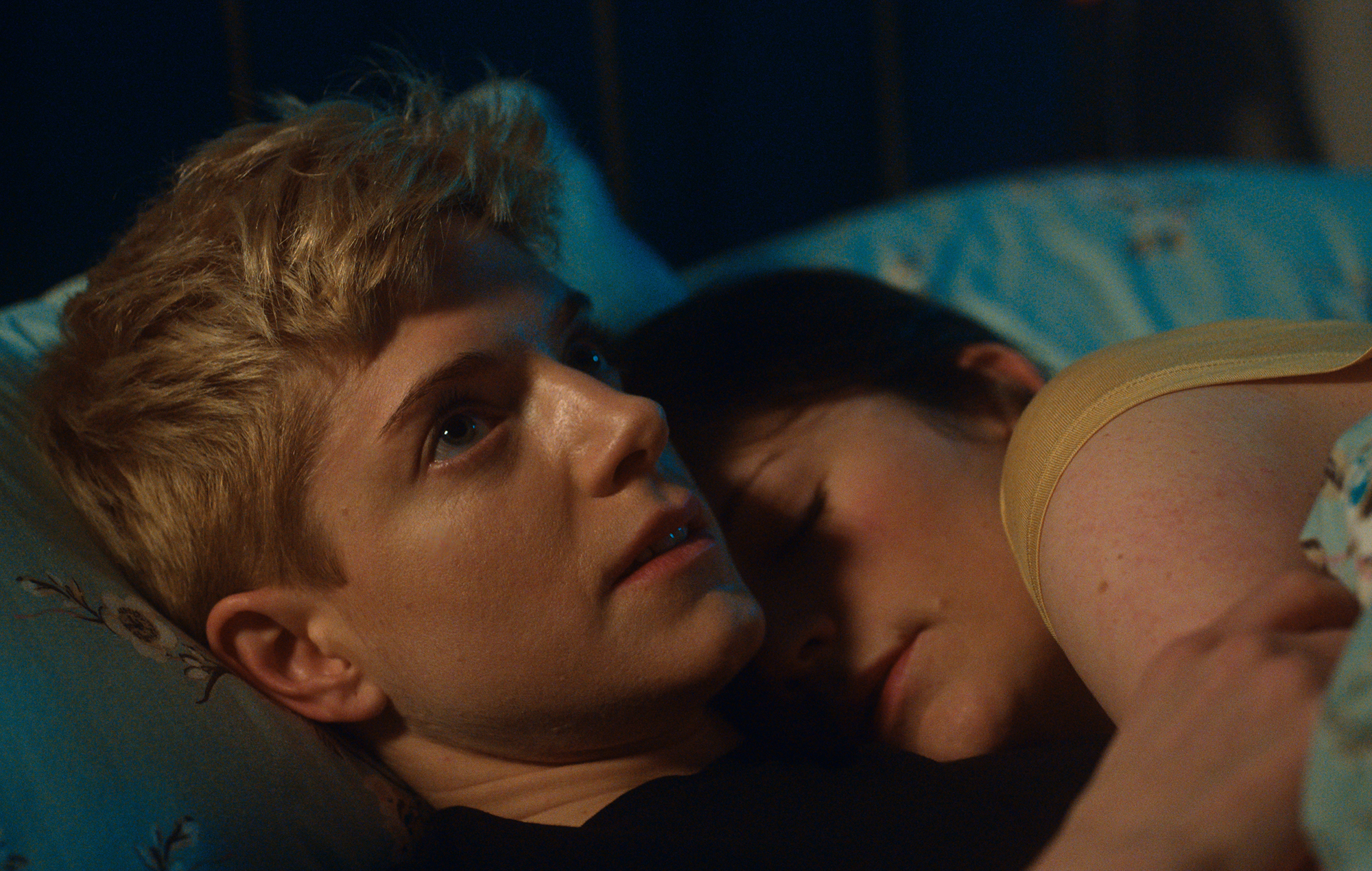
It would be easy to believe – publicly wounded by Xbox’s planned acquisition of Activision – Sony sidled up to Bungie the same evening the announcement was made and dropped a single red rose and eleventy gazillion dollars on its driveway. The timing suggests otherwise, of course; call me unambitious – lazy, even – but I’ve never personally acquired a company, and even I know the wheels of industry rarely turn that speedily. The Xbox/Activision acquisition was announced on 18th January. Bungie’s partnership with PlayStation came less than two weeks later on 31st January. It would’ve taken longer than that just to have set up the inaugural Zoom meeting, I reckon.
- READ MORE: ‘Destiny 2’ isn’t kind to new players
It’s a curious pairing, though, not least because Bungie has been in this position at least twice before; once with Activision – which is now hoping to be part of Xbox now, of course – and – oh, the irony, lol – once with Xbox itself. Both times, Bungie extricated itself near the end of each agreement and while the original arrangement meant Bungie’s Halo franchise was a console-exclusive for many, many years, both companies are super keen for us to know that no, Destiny – or whatever other games Bungie has up its sleeve – will not become a PlayStation exclusive. Honest.
You don’t even have to read between the lines to see what each company is hoping to get out of the other. Bungie wants to expand beyond games – maybe it’s seen the trailers for that upcoming Halo live-action series and liked what it saw, too – and PlayStation? Well, PlayStation wants to pick Bungie’s live-service brains.

This is the bit that really surprises me.
Live-service games are nothing new. These kinds of games – that is, games that require an “always-on” internet connection to connect you to the servers, regardless of whether you’re playing alone or with friends – have been around for a while now, with Activision Blizzard’s outrageously successful MMO, World of Warcraft popularising the idea. They require players to invest in a base or “vanilla” game (if it’s not free-to-play, that is) and then purchase routinely-released expansions and DLC on top. Unlike the games I grew up with – games that could be played, completed, and then sold or part-exchanged for others – you never technically “complete” them.
For the record, I spend a lot of my time playing live-service games. I don’t immediately bristle at the thought of a never-ending game that forever chucks new challenges and “content” at me – for free or otherwise – and the definition of what a live-service game is has broadened over the years, now encompassing whole genres like MMOs and battle royales like Fortnite.

All roads seem to lead back to Fortnite these days, don’t they? It stands to reason that other developers and publishers – or perhaps more accurately, their investors – look at that success and want their own slice of the games-as-a-service action. A game that never “ends” or gets part-exchanged? A game that can routinely spawn expansions and DLCs and limited-time events, forcing players to crack open their wallets not once but several times a year? No wonder PlayStation wants to release ten live-service games in the next four years.
Personally, though? I’ve kind of had my fill of live service games. Sure, I still play Destiny 2 and yes, I’ve spent hundreds of hours with games like Marvel’s Avengers, Outriders, and Anthem, but the more live service games I play, the more it’s clear I just don’t have the time to indulge them all anymore. Hitting “end-game content” is getting harder and harder, and less and less satisfying. And I don’t have the time, the money, or the inclination to keep throwing money into a game that may or may not still be here this time next year.
Because that’s the problem for us, isn’t it? Live service games demand not only our time, but our loyalty, too, which is why there always seems to be ten frenzied responses to every “lol, dead game” response on Twitter. Pick the wrong game to hitch your wagon too – such as BioWare‘s ill-fated Anthem, for instance – and you may find the servers are switched off sooner rather than later, meaning all that investment – be that of your time, your money, or both – is lost.

Fans have to be upfront and vocal because if the playerbase falls away, there’s no inclination for any studio to keep those servers running. For example, right now at the time of writing, according to SteamDB, Marvel’s Avengers has just 381 concurrent global players online on Steam (admittedly the game is out on more platforms than just Steam, but still: it’s not much, is it?). Outriders – a perfectly enjoyable live-service shooter released last year – currently sports 1000 players online. How low do those numbers have to fall for someone in a suit to insist it’s time to pull the plug – literally?
I guess all we can do right now is wait and see how, exactly, PlayStation’s lofty live-service aims come to fruition. Here’s hoping they are in addition to the company’s storied single-player games like God of War, The Last of Us, and Horizon Forbidden West and not instead of them, eh?
Vikki Blake is a video games journalist and regular contributor to NME – you can read her past columns here.
The post Sony wants Bungie’s live-service knowhow – but do we want more live-service games? appeared first on NME.








